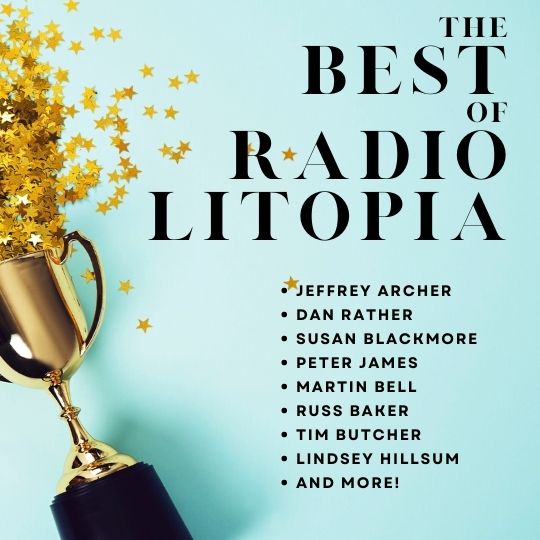Paul Whybrow
Full Member
I'm in the final throes of what I hope is the last edit of my first novel. Having excised 8,600 filler words, I moved onto which words needed hyphens.
This made me realise that I'd committed a lazy (but common) typing error, as when I wanted to type an em dash to mark a break in a sentence, or an en dash for dates I'd used the hyphen key. The conventional QWERTY keyboard is inadequate in many ways, when it comes to punctuation, requiring one to use the numeric keyboard for foreign accent marks and the en and em dash.
An explanation of the differences:
http://english.stackexchange.com/questions/2116/when-should-i-use-an-em-dash-an-en-dash-and-a-hyphen
How to type them: http://www.makeuseof.com/tag/type-em-en-dashes-word-processor/
Having corrected that error, I'm tackling numbers. I was taught as a youngster, to write out all numbers up to one hundred, except for dates, but from 100 on it was OK to use the numerical form. Looking online, modern style guides offer conflicting advice. Some say to write numbers up to ten, but thereafter the numerical form is acceptable. This looks odd to me, as well as lazy, though I appreciate that it may make the reading process swifter.
Using a sentence from my novel, the way that it is now reads:
There'd only been five constables who'd died in the county in the whole of the twentieth century, and now a Detective Inspector lay murdered fourteen years into the twenty-first.
But if I followed the modern style guides it would be:
There'd only been five constables who'd died in the county in the whole of the 20th century, and now a Detective Inspector lay murdered 14 years into the 21st.
The corrected version looks more like outline notes to me, rather than a sentence fit for printing.
What do my fellow Colonists do when typing numbers?
This made me realise that I'd committed a lazy (but common) typing error, as when I wanted to type an em dash to mark a break in a sentence, or an en dash for dates I'd used the hyphen key. The conventional QWERTY keyboard is inadequate in many ways, when it comes to punctuation, requiring one to use the numeric keyboard for foreign accent marks and the en and em dash.
An explanation of the differences:
http://english.stackexchange.com/questions/2116/when-should-i-use-an-em-dash-an-en-dash-and-a-hyphen
How to type them: http://www.makeuseof.com/tag/type-em-en-dashes-word-processor/
Having corrected that error, I'm tackling numbers. I was taught as a youngster, to write out all numbers up to one hundred, except for dates, but from 100 on it was OK to use the numerical form. Looking online, modern style guides offer conflicting advice. Some say to write numbers up to ten, but thereafter the numerical form is acceptable. This looks odd to me, as well as lazy, though I appreciate that it may make the reading process swifter.
Using a sentence from my novel, the way that it is now reads:
There'd only been five constables who'd died in the county in the whole of the twentieth century, and now a Detective Inspector lay murdered fourteen years into the twenty-first.
But if I followed the modern style guides it would be:
There'd only been five constables who'd died in the county in the whole of the 20th century, and now a Detective Inspector lay murdered 14 years into the 21st.
The corrected version looks more like outline notes to me, rather than a sentence fit for printing.
What do my fellow Colonists do when typing numbers?




